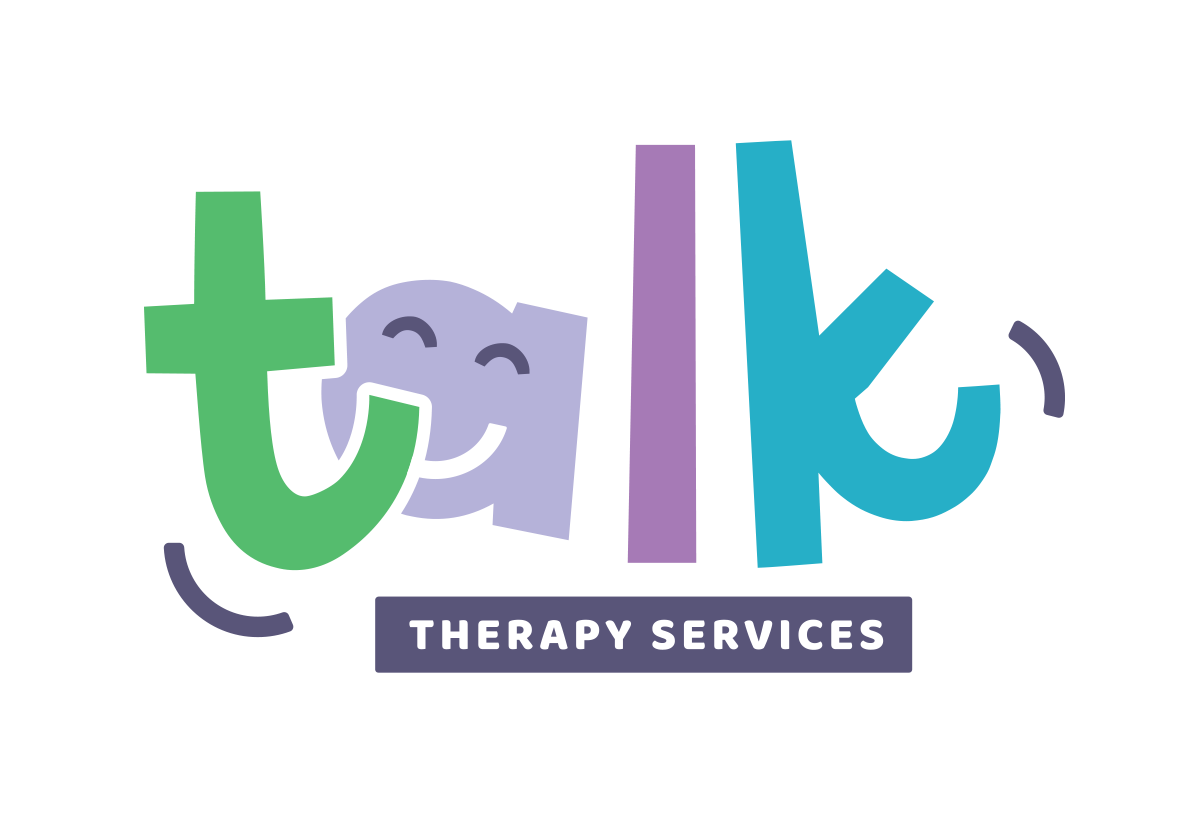The Essential Role of Books in Enhancing Speech Therapy Outcomes: A Guide to Vocabulary Expansion, Language Processing, and Phonological Skills Development
In the dynamic field of speech therapy, books emerge as unparalleled allies, playing a pivotal role in enriching communication abilities and facilitating language mastery. This exploration underscores the importance of integrating literature into speech therapy practices, focusing on its profound impact on vocabulary enhancement, language processing proficiency, and phonological awareness. Let's delve into how books, as foundational tools in speech therapy, significantly contribute to these vital aspects of language development.
Expanding Vocabulary: A Gateway to Richer Communication
Books act as vast reservoirs of language, offering diverse and context-rich vocabularies that are crucial for individuals in speech therapy. Whether for young learners, adults undergoing rehabilitation, or non-native language speakers, literature provides a seamless way to encounter and absorb new terminology. By engaging with varied genres and themes, readers are exposed to a broad spectrum of words and expressions, making vocabulary building an intuitive and engaging process. The narrative and thematic richness of books ensures that new words are not just learned but are understood within meaningful contexts, enhancing retention and practical usage.
Strengthening Language Processing: Enhancing Cognitive Linguistic Skills
Language processing, a critical cognitive skill, benefits immensely from the structured and narrative-driven content of books. Literature offers a complex array of scenarios that challenge and refine comprehension, critical thinking, and analytical skills. Through the act of reading or listening to stories, individuals are encouraged to follow intricate plot developments, grasp nuanced character interactions, and engage in inferential thinking. Speech therapists leverage these aspects of literature to tailor therapy sessions that target specific language processing challenges, thereby bolstering their clients' ability to interpret and generate language with greater proficiency.
Boosting Phonological Awareness: The Foundation of Speech and Literacy
Phonological awareness is fundamental for speech development and literacy acquisition, enabling individuals to recognize and manipulate the sounds within words. Literature, particularly that which incorporates rhymes, alliteration, and rhythmic patterns, serves as an effective tool for enhancing this crucial skill. The auditory experience of shared reading or read-aloud sessions allows for the explicit demonstration of sound patterns, fostering an acute awareness of phonemes, syllables, and intonation. Books designed with a focus on phonological development offer targeted practice in a manner that is both instructive and entertaining, catering specifically to those navigating speech sound disorders or literacy challenges.
Leveraging Books in Speech Therapy: A Strategic Approach
The strategic incorporation of literature into speech therapy underscores a holistic approach to language development, addressing key areas such as vocabulary acquisition, cognitive linguistic skills, and phonological awareness. For therapists, educators, and caregivers, books are not just teaching aids; they are catalysts for transformation, unlocking the potential for more effective communication and deeper linguistic understanding.
Incorporate literature into your speech therapy sessions, or enhance a loved one's language journey by exploring the rich landscape of books available. Share your insights, triumphs, and favorite literary tools in fostering language development. Let's foster a community that recognizes and harnesses the power of literature in advancing speech therapy goals and promoting a lifetime of communication success.

